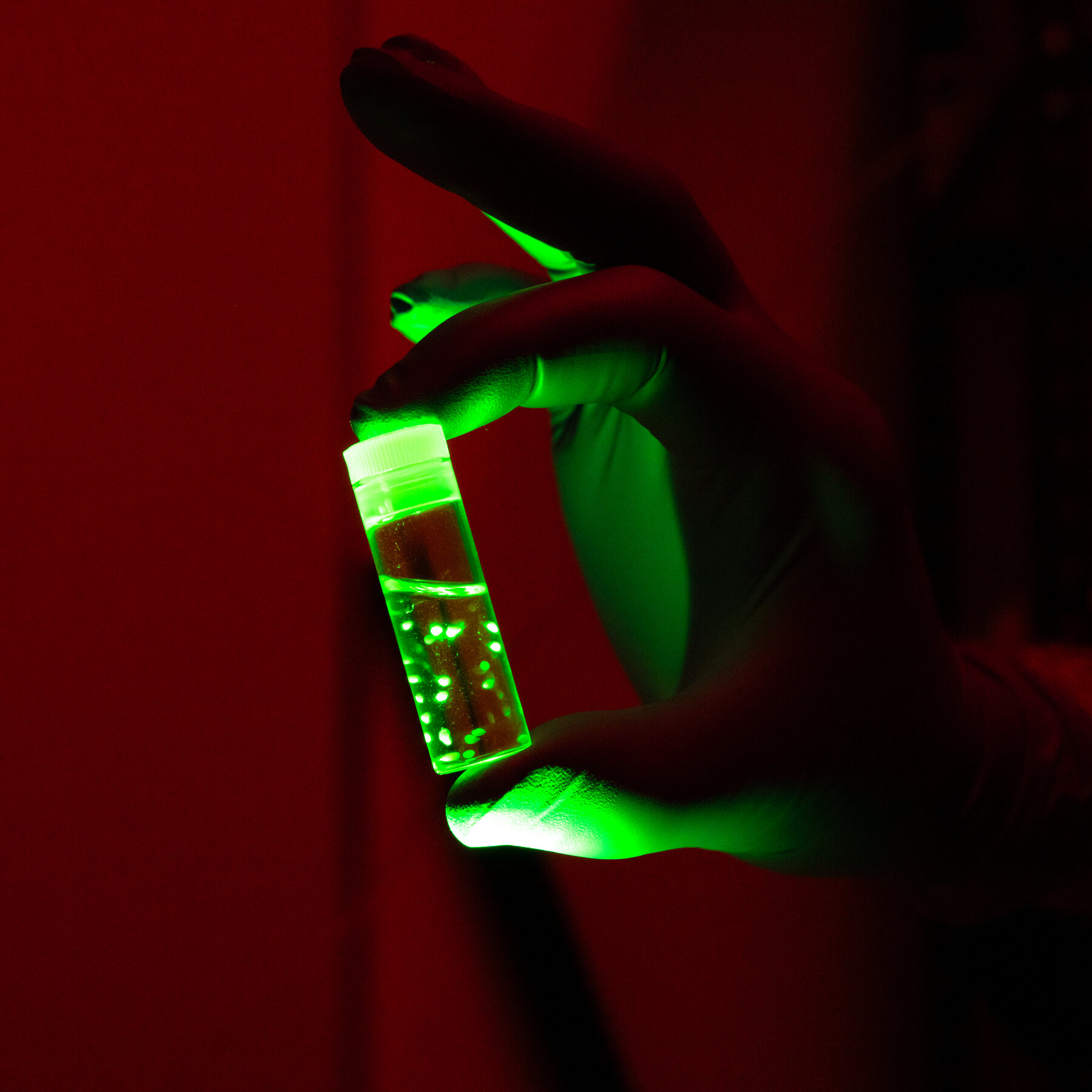Researchers are making significant strides in understanding brain development and cognitive disorders through the use of lab-grown brain organoids. These miniature, simplified versions of the human brain, known as “brain organoids“, are providing new insights into fetal development and conditions such as autism. This innovative approach has opened up new avenues for research, although it also raises important ethical questions.
The organoids, which mimic the structure and function of a human brain, have emerged as a powerful tool in neuroscience. Scientists at institutions such as the University of California, San Diego have been at the forefront of this research. By studying these organoids, they aim to gain a deeper understanding of how the brain develops during critical stages of gestation.
One of the most significant findings from this research is related to fetal brain development. According to a study published in 2023 by researchers funded by the National Institutes of Health, brain organoids can replicate the developmental processes that occur in a human fetus. This allows scientists to observe the formation of neural circuits and the impact of various genetic and environmental factors on brain development.
The implications for understanding cognitive disorders are profound. Researchers have started using organoids to model conditions like autism, which affects approximately 1 in 44 children in the United States alone. By analyzing how these organoids respond to different stimuli, scientists hope to identify potential interventions and treatments for individuals with autism and similar disorders.
Despite the promising advancements, the use of brain organoids is not without controversy. Ethical concerns arise surrounding the creation and manipulation of brain tissue that closely resembles human brains. Questions about consciousness and the potential for pain perception in these organoids are being actively debated within the scientific community. Many researchers advocate for stringent regulations and ethical guidelines to govern this area of study.
As this field progresses, it is essential to balance scientific discovery with ethical responsibility. The dialogue surrounding brain organoids is crucial, as it not only impacts the future of neuroscience but also touches on fundamental questions about what it means to be human.
In conclusion, brain organoids are revolutionizing our understanding of brain development and cognitive disorders. While they hold great potential for advancing medical research, the ethical implications of their use must be carefully considered. Ongoing discussions among scientists, ethicists, and the public will shape the future of this promising yet complex area of study.







































































